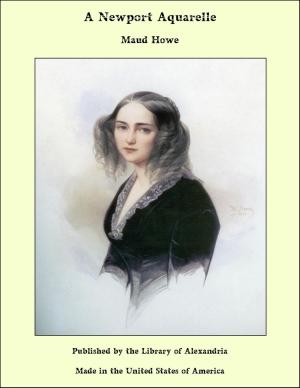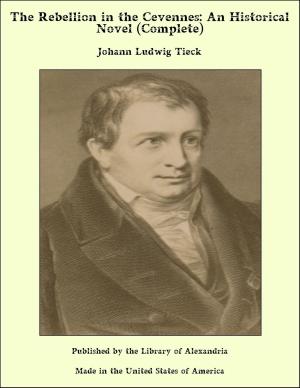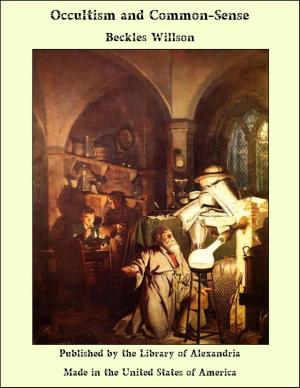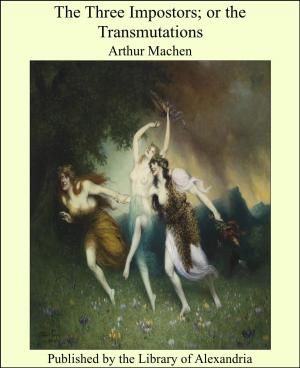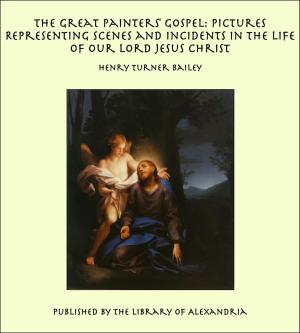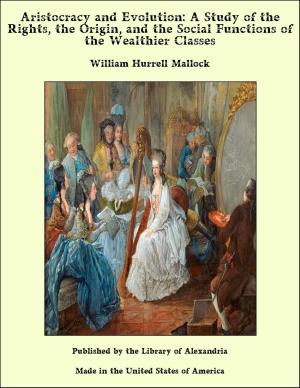The Redemption of Kenneth Galt
Nonfiction, Religion & Spirituality, New Age, History, Fiction & Literature| Author: | William Nathaniel Harben | ISBN: | 9781465623324 |
| Publisher: | Library of Alexandria | Publication: | March 8, 2015 |
| Imprint: | Language: | English |
| Author: | William Nathaniel Harben |
| ISBN: | 9781465623324 |
| Publisher: | Library of Alexandria |
| Publication: | March 8, 2015 |
| Imprint: | |
| Language: | English |
YOUNG Doctor Dearing sat in the little church at an open window through which he had a partial view of that portion of old Stafford which stretched out desultorily toward the east. Immediately in front was a common fairly well covered with grass and weeds, except at the pawed and beaten spot where the public hitched its riding-horses, and beyond stood rows of old-fashioned residences of brick and stone, interspersed with a few modern frame cottages which, in gaudy paint, thrust themselves nearer the street than their more stately neighbors. It was a Sunday morning, and the smile of a balmy spring day lay over every visible object, filling the ambient air with a translucent message that no human mind could interpret. It was as though an infinite God were speaking to eyes and ears too coarsely fashioned to fully see and hear. The whole was conducive to the doctor’s feeling of restfulness and content and good-will to every human being. He liked the young minister who was seated in the high-backed rosewood chair behind the white pulpit, holding a massive Bible on his slender knees, a look of consecration to a sacred cause in his brown eyes. There was an assuring augury that spoke well for the youth of the town in the spectacle of the choir—the young men in their best clothes, and the young women in their flower-like dresses and plumed and ribboned hats. His gaze was drawn perforce to the face of the young organist, who sat staring listlessly over the top of her hymn-book. She had a face and form of rare beauty and grace. Her features were most regular; her skin clear; her eyes were large, long-lashed, dreamy, and of the color of violets. Her hair was a living mass of silken bronze. “She looks tired and worried,” was Dearing’s half-professional comment. “Perhaps her mother is worse, and she sat up last night. Poor Dora! she has certainly had a lot to contend with since her father died. I’ll wait for her after church and ask about her mother.” The service over, he made his way through the throng down the aisle toward the door. He was quite popular, and there was many a hand to shake and many a warm greeting to respond to, but he finally succeeded in reaching a point in the shaded church-yard which Dora Barry would pass on her way home, and there he waited. For some unaccountable reason she was almost the last to leave the church, and the congregation had well-nigh dispersed when he saw her coming. He noticed that she kept her glance on the ground, and that her step was slow and languid; he was all but sure, too, that he heard her sigh, and he saw her firm round breast heave tremulously as she neared him.
YOUNG Doctor Dearing sat in the little church at an open window through which he had a partial view of that portion of old Stafford which stretched out desultorily toward the east. Immediately in front was a common fairly well covered with grass and weeds, except at the pawed and beaten spot where the public hitched its riding-horses, and beyond stood rows of old-fashioned residences of brick and stone, interspersed with a few modern frame cottages which, in gaudy paint, thrust themselves nearer the street than their more stately neighbors. It was a Sunday morning, and the smile of a balmy spring day lay over every visible object, filling the ambient air with a translucent message that no human mind could interpret. It was as though an infinite God were speaking to eyes and ears too coarsely fashioned to fully see and hear. The whole was conducive to the doctor’s feeling of restfulness and content and good-will to every human being. He liked the young minister who was seated in the high-backed rosewood chair behind the white pulpit, holding a massive Bible on his slender knees, a look of consecration to a sacred cause in his brown eyes. There was an assuring augury that spoke well for the youth of the town in the spectacle of the choir—the young men in their best clothes, and the young women in their flower-like dresses and plumed and ribboned hats. His gaze was drawn perforce to the face of the young organist, who sat staring listlessly over the top of her hymn-book. She had a face and form of rare beauty and grace. Her features were most regular; her skin clear; her eyes were large, long-lashed, dreamy, and of the color of violets. Her hair was a living mass of silken bronze. “She looks tired and worried,” was Dearing’s half-professional comment. “Perhaps her mother is worse, and she sat up last night. Poor Dora! she has certainly had a lot to contend with since her father died. I’ll wait for her after church and ask about her mother.” The service over, he made his way through the throng down the aisle toward the door. He was quite popular, and there was many a hand to shake and many a warm greeting to respond to, but he finally succeeded in reaching a point in the shaded church-yard which Dora Barry would pass on her way home, and there he waited. For some unaccountable reason she was almost the last to leave the church, and the congregation had well-nigh dispersed when he saw her coming. He noticed that she kept her glance on the ground, and that her step was slow and languid; he was all but sure, too, that he heard her sigh, and he saw her firm round breast heave tremulously as she neared him.

